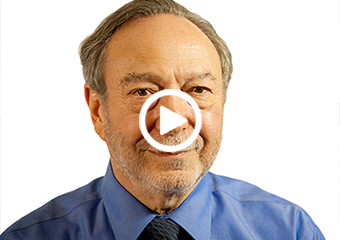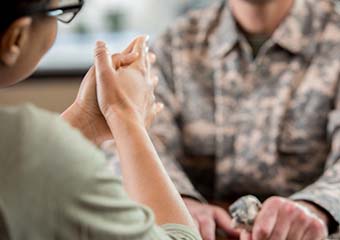How can the body become a resource for a patient who’s experienced trauma? Polyvagal Theory helps us answer this question by explaining how people process their environment and how the body regulates itself in the face of stress and trauma. Watch the video below as Stephen Porges, PhD shares one way to apply Polyvagal Theory […]
Self-Compassion: The Secret to Reducing PTSD Symptoms?
One thing that can frequently increase the suffering of many patients with PTSD is shame. Even worse, shame can limit a patient’s treatment – even if they objectively know that there’s nothing to be ashamed of. But is there a way to trade self-judgment for self-compassion? And would that reduce a client’s symptoms? Asle Hoffart, […]
Can Traumatic Memories Be Changed?
Experiences that are distressing, painful and, perhaps, even traumatic are unavoidable in life. But are there ways we can work with people to prevent memories of traumatic events from developing into PTSD (post-traumatic stress disorder)? One possibility that’s being investigated for accomplishing this is a method called “updating.” This approach uses verbal techniques to change […]
Treating PTSD with Mindfulness-based Trauma Therapy
Soldiers in a war zone experience more trauma in a week than many others experience in their lives . . . . . . but it still feels like our tools for treating trauma aren’t quite sufficient. Mindfulness meditation could be a powerful healing intervention – but does it work with soldiers? The early research […]
Trauma and Resilience: What Doesn’t Kill You Makes You Stronger?
What doesn’t kill you makes you stronger, right? Although most of us have probably heard this euphemism before, a recent study looked at traumatic life experiences to see how true this saying really was. Published in the Current Directions in Psychological Science, Mark D. Seery, PhD and his colleagues from the University of Buffalo, delved […]



